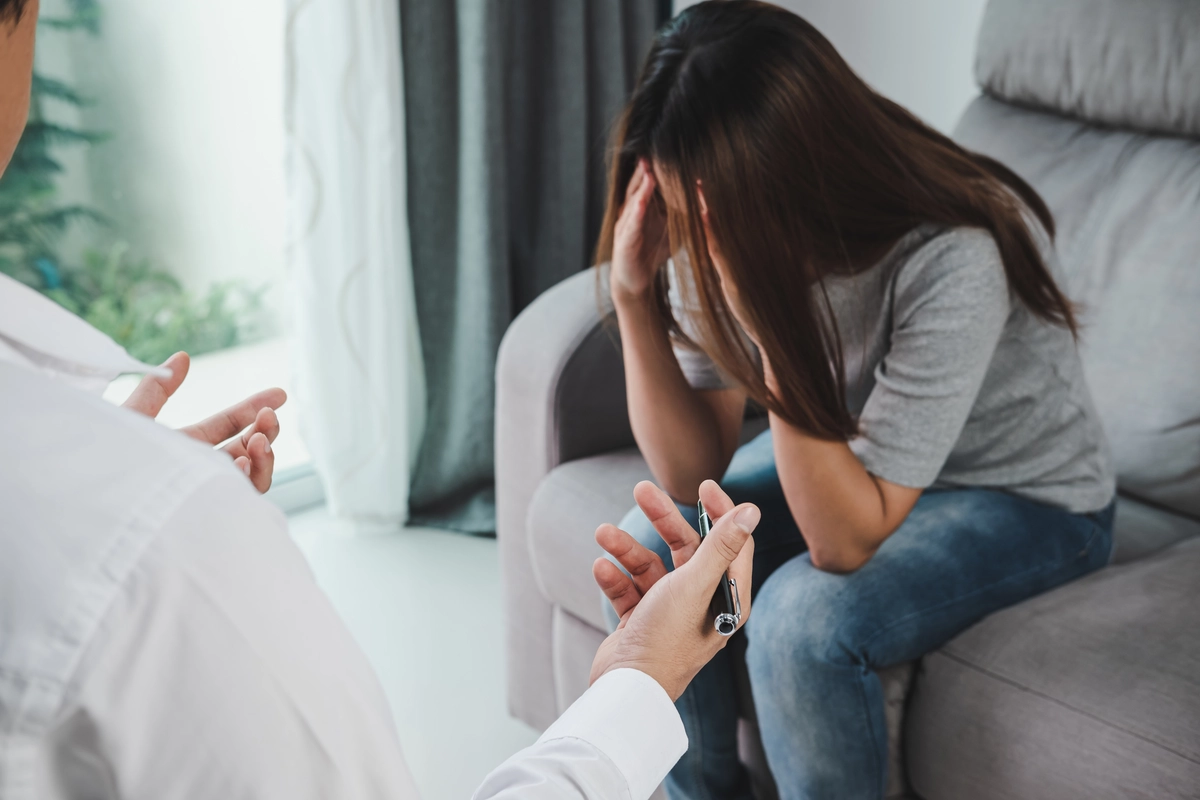24/7 Helpline:
(866) 899-221924/7 Helpline:
(866) 899-2219
Learn more about PTSD Treatment centers in Lakeville
PTSD Treatment in Other Cities

Other Insurance Options

BlueShield

American Behavioral

Cigna

Anthem

Molina Healthcare

Covered California

PHCS Network

Magellan Health

UnitedHealth Group

Optum

Humana

CareSource

Medical Mutual of Ohio

Excellus

GEHA

Absolute Total Care

United Health Care

Holman Group

Oxford

Amerigroup











